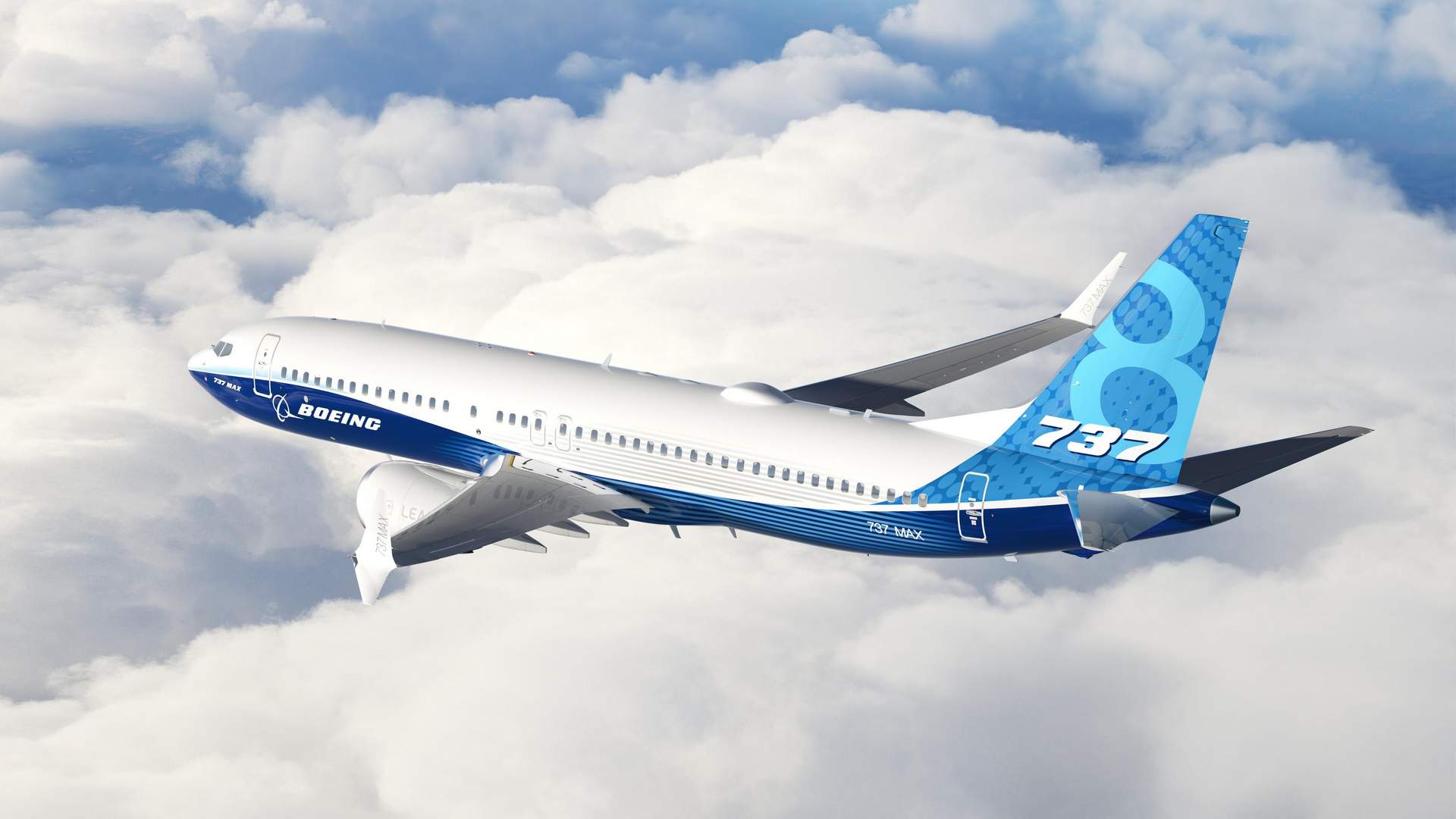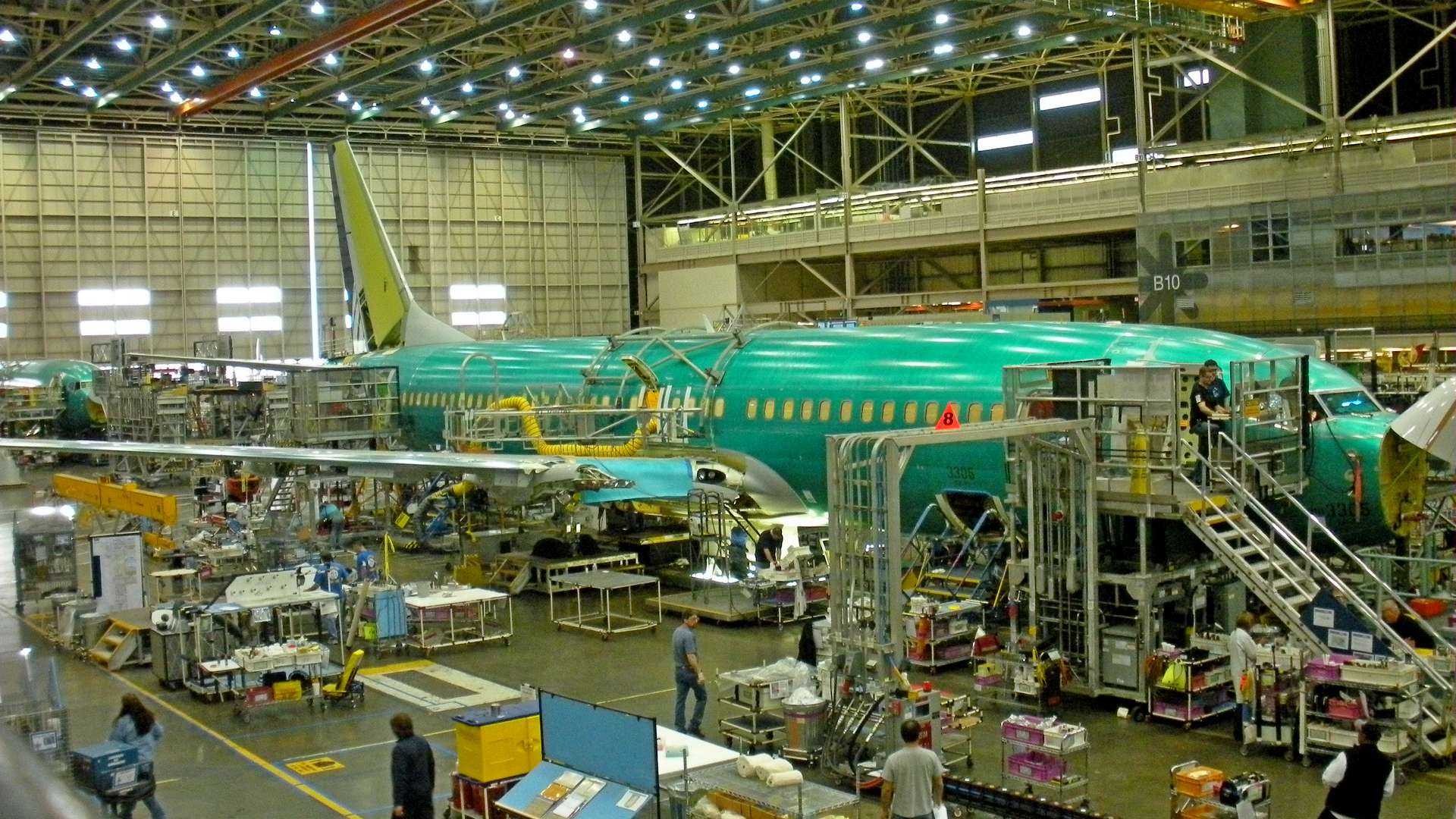What is Boeing’s “Partnering For Success” and why is it controversial? It involves Boeing’s suppliers, who would love to see it gone.
Earlier this week, Ihssane Mounir, Boeing’s vice president of supply chain and fabrication, attended the Pacific Northwest Aerospace Alliance conference near Seattle. There are over 1,100 Boeing suppliers in the region.

After a two-year absence, this year’s conference saw the return of Boeing. The manufacturer previously abstained, reacting to an increasingly hostile climate, with many speakers talking openly about a need to change management at Boeing.
The “Partnering For Success” program was an example of how and why this hostility has grown in the last few years. Boeing’s “Partnering For Success” was a program demanding that suppliers reduce costs by 15%, while maintaining (or increasing) production rates.

This initiative did NOT first emerge in the aftermath of the 737 MAX crisis. It came about well before that, during the development of the 737 MAX. Some suppliers and other critics suggested that Boeing was reaping all the profit from its successes, without sharing them with its suppliers, who took many of their own risks.
Moving Past “Partnering For Success”?
To these suppliers, “Partnering For Success” seems highly misleading, if not… worse. But in this year’s conference, Boeing’s Ihssane Mounir reportedly adopted a much more conciliatory tone towards its suppliers.

Many hope that January’s 737 MAX-9 blowout will trigger sweeping changes to how Boeing will work with its suppliers to build aircraft. With events like the 737 manufacturing faults at Spirit AeroSystems last year, there is a perception that some Boeing suppliers may be struggling to meet Boeing’s demands while maintaining good quality control.
It remains to be seen whether or not Boeing’s changed tone will be accompanied by changes in initiatives like “Partnering For Success”. Even before the FAA capped 737 MAX production recently, Boeing’s medium-term goal of producing 50 737s per month, was lower than its pre-grounding production rate.

But suppliers will likely need more than this, to confirm that there is a real change in the manufacturer’s attitude. And with the FAA and other stakeholders now paying close attention to Boeing’s culture, changes do seem more likely. Or is this wishful thinking?




2 comments
[email protected]
Angering your suppliers and ignoring their concerns doesn’t sound like a plan for long term success.
s Sebers
Business at this scale is not very forgiving. Boeing better get it together.